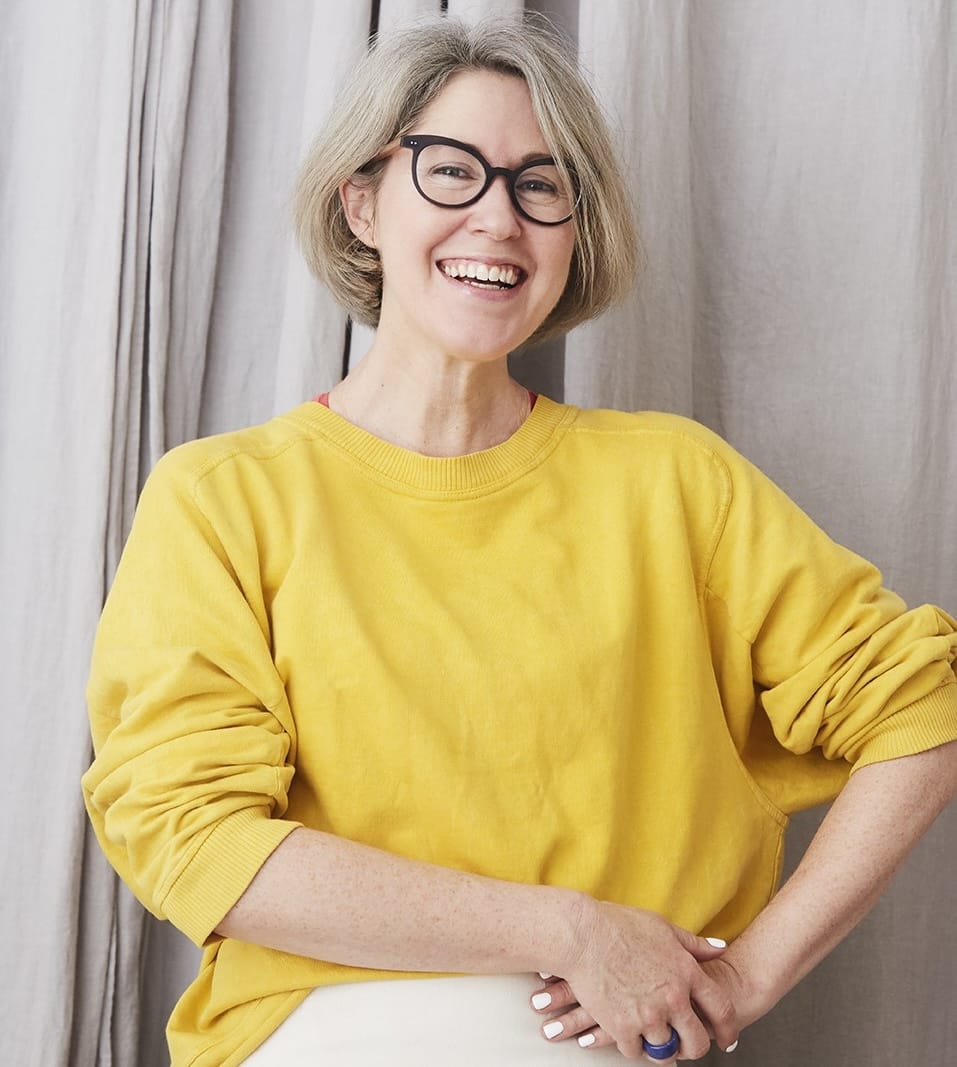How to better regulate playground and global tensions? Have children take ethics, says experienced volunteer Katie Rockliff.
It’s the last week of Primary Ethics in my seventh year of volunteer teaching. I’m headed to class and reflecting on the year that’s been.
While walking and enjoying the embrace of early summer, ruminating on the value of school ethics as a program, I’m also listening to a neuroscience podcast (as you do). Today’s is with guest speaker Dr Ethan Kross, Professor of Psychology at the University of Michigan, USA, and director of the Emotion and Self-Control Laboratory. In closing, Dr Kross references how in his Lab they often define wisdom as: “the concept of how well you are able to deal with social situations involving uncertainty”. He goes on to discuss the art/ science of entering conversations not to try to change others’ minds, but rather with a state of humility and curiosity and genuine interest – and first and foremost (I’m paraphrasing) trying to understand the other person or group’s point of view.

And it occurs to me, on this walk to class on a sunny morning, that in an era of much socio-political divide, economic and climate turbulence, fake news and the rise of AI, that honing these skills is exceedingly useful – perhaps more so than ever before. This is where listening to Dr Kross and my ruminations on the value of school ethics collide…
Of all the subjects at school, ethics is perhaps the only one where no rights or wrongs, no dogma or rules apply.
One is simply encouraged to think. To think deeply.
To be open enough to both articulate, consider and review or reconfirm one’s own thoughts.
To truly listen to others. And to constructively build on their thinking.
And to collectively seek, if not consensus, a place of common ground and positive way forward for all.
It’s a skill many school playgrounds, corporate boardrooms and politicians would benefit from! And an empowering skill for parents to know their child can possess. To know that their child can, as Dr Kross defined it, “navigate social situations involving uncertainty” (let’s just call that life shall we?) – to navigate it well.
As a volunteer teacher from Kindergarten through to Y6, there is one question the curriculum has asked me to ask the students on repeat … and that question is “why?”
“Thank you for sharing your thoughts. I’d like you to please share with us why you think this?”
This, I see now, is my why. This is why I teach ethics. And why I see value in all students taking ethics.
Not to be told what to think but how to think for themselves.
Not to learn how to follow but to learn the value of respect.
Not to learn only one right answer but the ability to adapt to find new answers.
Not to own the conversation but to share in the conversation.
And to learn that there is always more learning to be done and absolutely always someone that knows something you don’t.

And lastly but by no means not least, the awareness and desire to work with others, in some way, for the greater good.
It’s a sunny view of what the next gen, through the power of their own thinking and listening, can achieve.
And as an answer to my ‘why’ and what I’m glad to be a part of – that’s the greater good of ethics education that I’m thrilled exists.
****
Katie Rockliff is a communications consultant, small business owner and volunteer ethics teacher at Darlinghurst Public School 2018-2024.